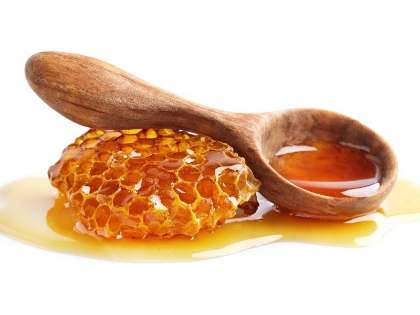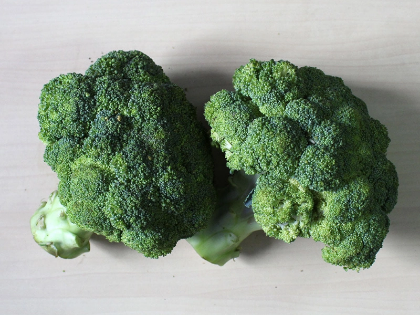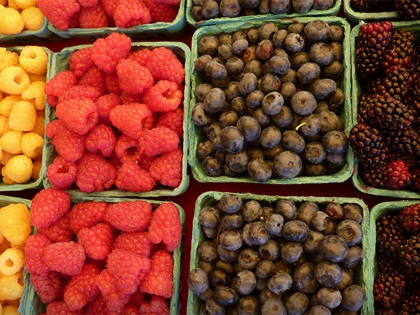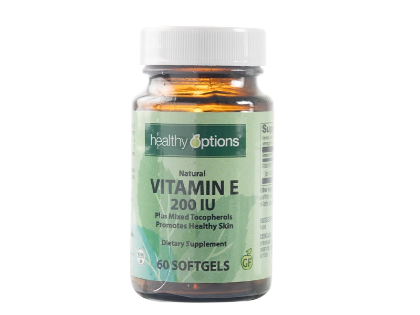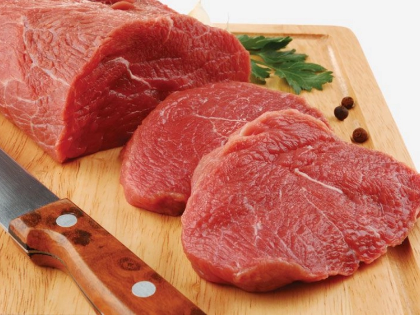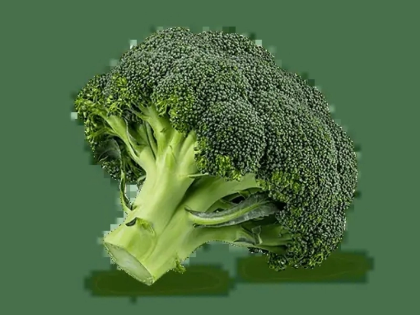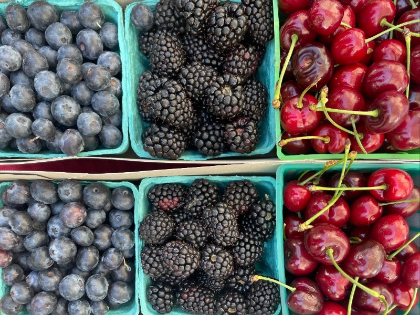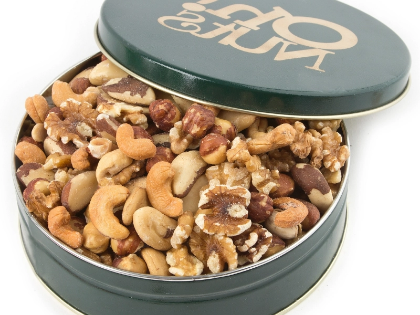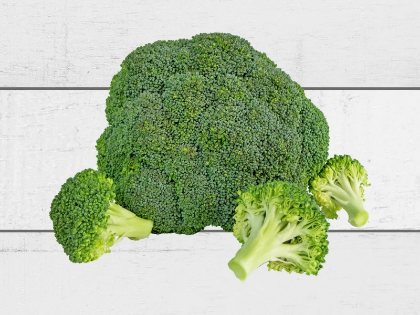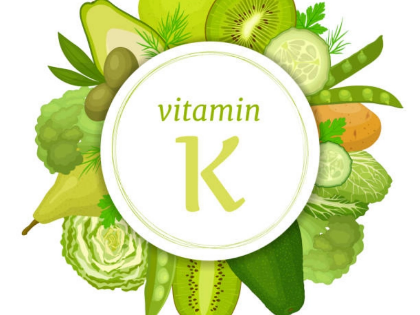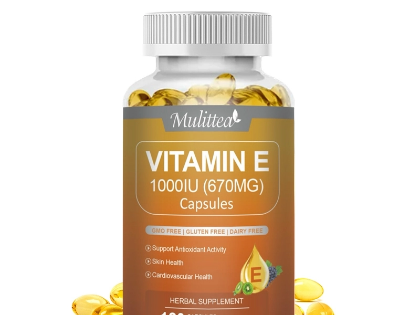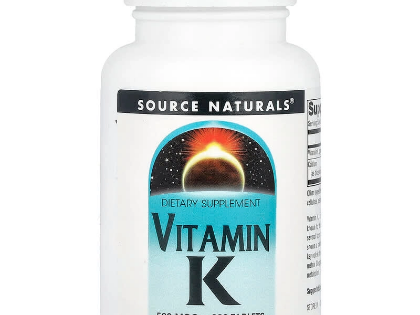The Potential for Cancer Fighting in Your Diet from Nuts
Often considered a superfood, nuts are full of minerals that support general health. Recent research has underlined their possible contribution to cancer prevention, so every diet should include them. Packed with antioxidants, good fats, and vital vitamins, nuts might help lower the risk of some malignancies. The cancer-fighting qualities of several kinds of nuts, their nutritional value, and useful methods to include them in your regular diet are investigated in this paper.
1. Nuts' Nutritional Profile

2. Antioxidants and Their Part in Preventing Cancer
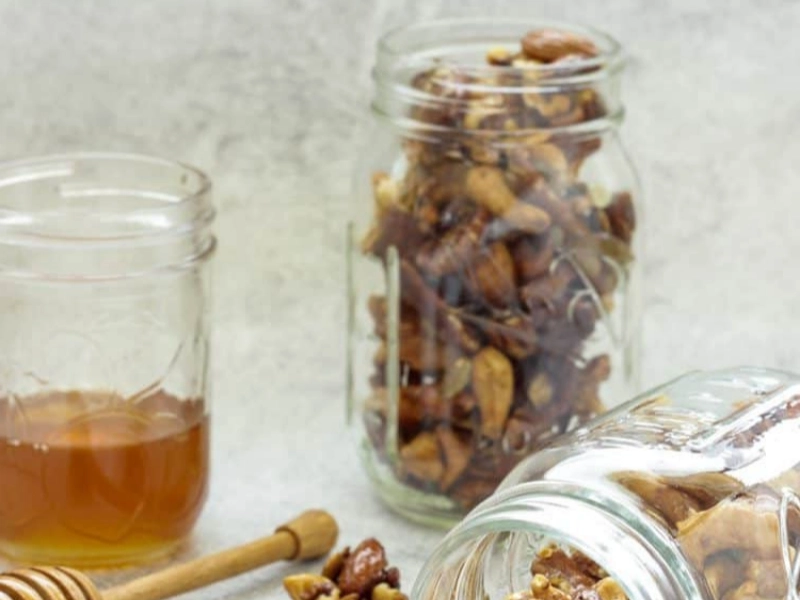 Compounds called antioxidants assist the body's free radicals to be neutralised, therefore preventing oxidative damage to cells and promoting the growth of cancer. Among the major sources of antioxidants—including phenolic chemicals, selenium, and vitamin E—are nuts. These antioxidants are absolutely essential for shielding the body against oxidative stress and inflammation, both of which are connected to the course of cancer.
Studies of diets heavy in antioxidants have revealed that they might reduce the risk of several kinds of cancer, including colorectal, prostate, and breast tumours. For example, nut-based vitamin E stimulates immune system activity in addition to shielding cell membranes. Regular nut consumption helps people boost their antioxidant level, thereby perhaps lowering their cancer risk and improving general health.
Compounds called antioxidants assist the body's free radicals to be neutralised, therefore preventing oxidative damage to cells and promoting the growth of cancer. Among the major sources of antioxidants—including phenolic chemicals, selenium, and vitamin E—are nuts. These antioxidants are absolutely essential for shielding the body against oxidative stress and inflammation, both of which are connected to the course of cancer.
Studies of diets heavy in antioxidants have revealed that they might reduce the risk of several kinds of cancer, including colorectal, prostate, and breast tumours. For example, nut-based vitamin E stimulates immune system activity in addition to shielding cell membranes. Regular nut consumption helps people boost their antioxidant level, thereby perhaps lowering their cancer risk and improving general health.
3. Good Fats and Their Effect on Risk of Cancer
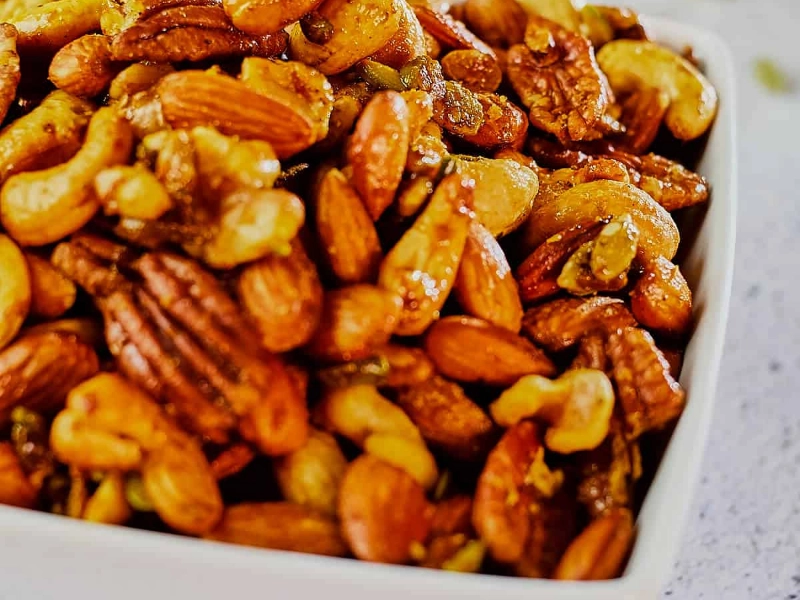 Cancer risk is significantly influenced by the kind of fats one eats. Healthy fats abound in nuts, especially monounsaturated and polyunsaturated fats, which have been linked to a reduced risk of many malignancies. Studies point to diets heavy in these good fats helping to lower inflammation and enhance metabolic health, both of which are crucial elements in cancer prevention.
Conversely, diets heavy in saturated fats—often found in processed foods and red meats—may raise cancer risk. Changing bad fats for the healthy fats in nuts will help people improve their general health and maybe lower their cancer risk. Including a few nuts in your daily diet might be a quick yet powerful approach to encourage a better way of life.
Cancer risk is significantly influenced by the kind of fats one eats. Healthy fats abound in nuts, especially monounsaturated and polyunsaturated fats, which have been linked to a reduced risk of many malignancies. Studies point to diets heavy in these good fats helping to lower inflammation and enhance metabolic health, both of which are crucial elements in cancer prevention.
Conversely, diets heavy in saturated fats—often found in processed foods and red meats—may raise cancer risk. Changing bad fats for the healthy fats in nuts will help people improve their general health and maybe lower their cancer risk. Including a few nuts in your daily diet might be a quick yet powerful approach to encourage a better way of life.
4. Particular Nuts with Cancer-Fighting Effectiveness
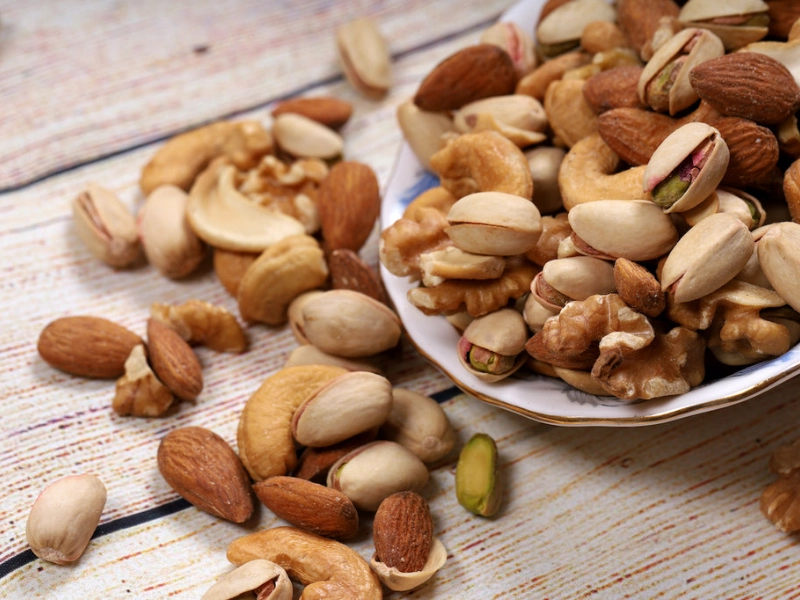 Various kinds of nuts have different ways of fighting cancer. Walnuts, for instance, are especially well-known for their high levels of antioxidants and omega-3 fatty acids, which could help stop tumour development and lower inflammation. Rich in vitamin E, almonds have been connected in some research to reduced incidences of breast cancer.
An outstanding source of selenium, a mineral essential for DNA repair and maybe able to stop the formation of cancer cells, is Brazil nuts. Pistachios, meanwhile, contain phytosterols, which have been demonstrated to reduce cholesterol and might also have cancer-preventive properties. Diverse nut consumption helps you to maximise the special advantages each type provides and improve the cancer-fighting capacity of your diet.
Various kinds of nuts have different ways of fighting cancer. Walnuts, for instance, are especially well-known for their high levels of antioxidants and omega-3 fatty acids, which could help stop tumour development and lower inflammation. Rich in vitamin E, almonds have been connected in some research to reduced incidences of breast cancer.
An outstanding source of selenium, a mineral essential for DNA repair and maybe able to stop the formation of cancer cells, is Brazil nuts. Pistachios, meanwhile, contain phytosterols, which have been demonstrated to reduce cholesterol and might also have cancer-preventive properties. Diverse nut consumption helps you to maximise the special advantages each type provides and improve the cancer-fighting capacity of your diet.
5. Doable Strategies to Add Nuts to Your Diet
Including nuts in your diet can be tasty and simple at the same time. These are some sensible daily ways to consume nuts: Keep a range of nuts handy for fast nibbles. Between meals, a little handful offers a filling and healthy choice. - **Salads**: For added crunch and taste, toss chopped nuts in salads. Your meal's nutritional profile can be much improved by them. Blend nuts into smoothies for extra creaminess and nutrition. Additionally, a fantastic addition is nut butter. Use nuts in baking recipes to improve taste and nutrition; examples of muffins or granola bars call for them. To make a healthy snack on the go, toss nuts with dried fruits and seeds in your own trail mix. Finding fun methods to integrate nuts into your meals will help you to improve your diet and get their health advantages.
6. Possible Hazards and Thoughtfulness
Though nuts have several health advantages, one should eat them in moderation. Nuts are high in calories; hence, overindulging in them could cause weight gain, a risk factor for many forms of cancer. Some people might also have nut allergies, which would lead to strong reactions. Selecting unsalted and unflavoured variants is wise to cut extra sugars and too much sodium. One should also be aware of portion proportions; a little handful (approximately one ounce) is usually regarded as a good serving. Knowing these factors can help you to minimise possible hazards and maximise the health advantages of nuts.
7. Final Thought: Choosing Nuts for a Future in Health
One great and efficient approach to help prevent cancer is including nuts in your diet. Nuts have several health advantages that support general well-being because of their rich nutritional profile, including good fats, antioxidants, and important vitamins. Regular nut intake from meals and snacks will help you be proactive towards a better lifestyle and maybe reduce your cancer risk. Accept the ability of nuts and savour the road towards improved wellness.

